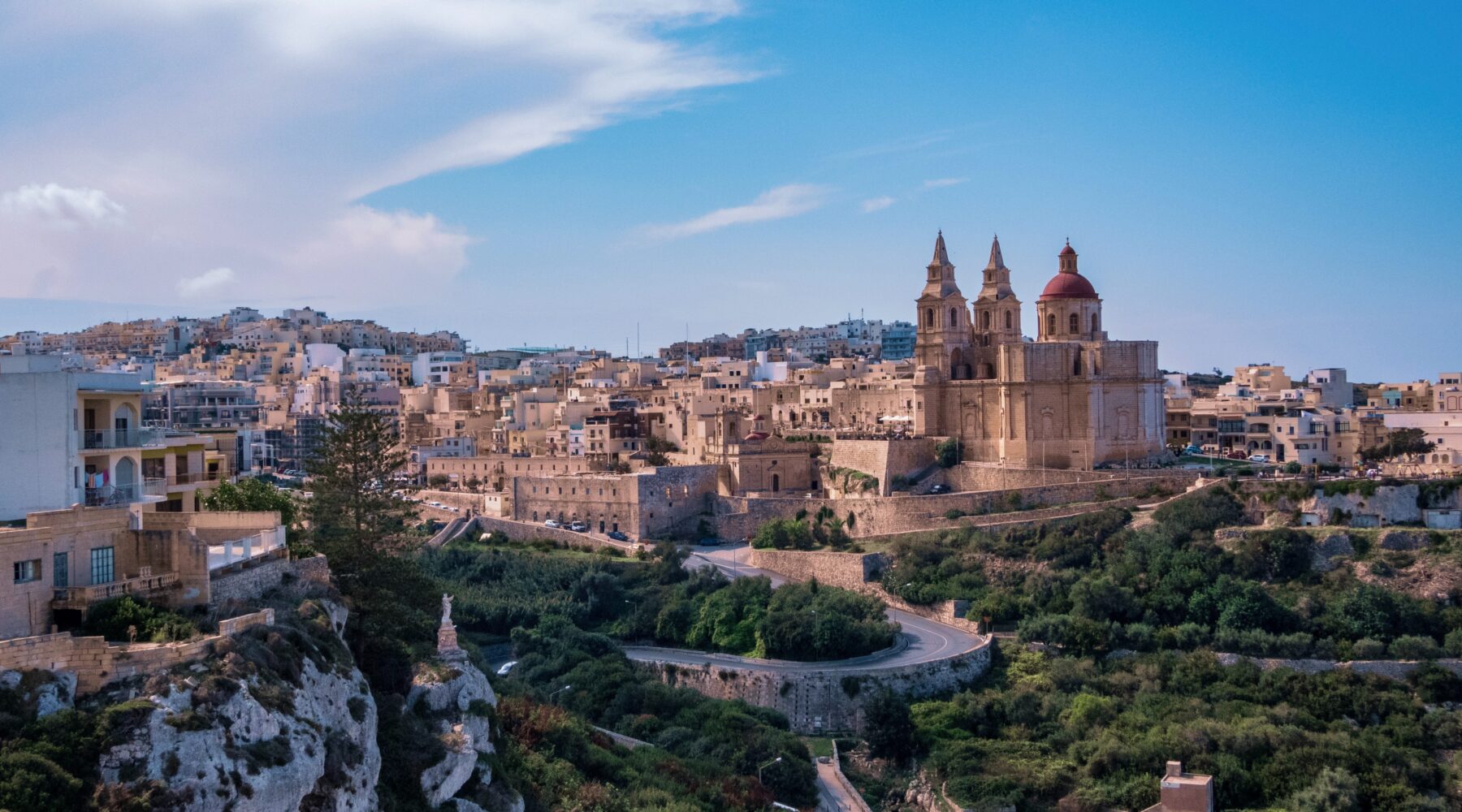


The submission was made by the Aditus Foundation in collaboration with Humanists Malta, as part of the UN’s Universal Periodic Review process (UPR)*. The UPR process sees every UN Member States undergo a review of its human rights record by other states, with the input of civil society.
The submission called on Malta to better respect sexual and reproductive health and rights, including by fully decriminalizing abortion and having abortion regulated as a matter of health policy. In June this year, Maltese lawmakers approved legislation to allow abortion, but only in cases where a woman is at risk of death, and then only after three specialists consent. Women’s access to abortions is regulated by the Criminal Code, with punitive provisions.
Humanists Malta’s submission also highlighted the discriminatory prominence and position given to the Roman Catholic Church in the country. Government officials, including the Prime Minister, have personally intervened to keep religious items and imagery in the public sphere. This is in addition to every hospital room, classroom and public building having state-sanctioned crucifixes present. A prayer is recited before the beginning of every parliamentary sitting. State institutions provide only religious pastoral care, and the Catholic Church is the only religious or belief group given the right to conduct state marriages.
Humanists Malta raised the fact that all schools host religious iconography and allow for the preponderance of Catholicism. Additionally, Catholic schools are heavily funded by the state and are given license to discriminate on the basis of religion. Teachers who are otherwise qualified may be discriminated against on the grounds of their not being Catholic. Similarly, students may be refused enrolment in Catholic Church schools if they are not Catholic. Catholic Church schools are not obliged to provide sex education, and when provided in any church or State school such education is often filtered through the religious beliefs of teachers. The submission noted that the high teenage pregnancy rates in Malta — among the highest in Southern Europe — may be related to this.
In 2021, Malta co-sponsored a draft resolution to give the Vatican a more active role in UN health issues, including in reproductive and sexual rights issues, which the submission criticized.
On the UPR submission process, Mirane Vella, a volunteer with Humanists Malta, said the following:
“As a new volunteer with Humanists Malta, I was glad to be able to help with our contribution to this joint submission, which highlights the weakness of the rule of law, the lack of respect for human rights, and the discriminatory power of the Catholic Church.
Our UPR submission underlines the need for immediate action by Maltese state bodies. Research here indicates that religious privilege and discrimination is still prevalent in many areas. We want to see action to ensure freedom of belief within all institutions, allowing a fair and level playing field for all. This includes the education system, which should be focused more on scientific and fact-based teaching, and less on the views of the Catholic Church. In essence, the submission calls for a better understanding of, and future for, Maltese society.“Although run wholly by volunteers, and with few resources, Humanists Malta are determined to continue to speak out about matters such as tolerance, secularism and bodily autonomy, and to increase our engagement with young people to encourage more enlightened attitudes and debate in the future.”
*The Universal Periodic Review (UPR) is a UN process which involves a periodic review of the human rights records of all 193 UN Member States, by each other. It is a unique human rights mechanism in so far as it addresses all countries and all human rights. The Working Group on the UPR, which is composed of the Human Rights Council’s 47 Member States and chaired by the Human Rights Council President, conducts country reviews.
Featured photo by Nick Fewings on Unsplash.